Jeff Mandell on the redistricting lawsuit, Trump indictment
By Frederica Freyberg | Here & Now
August 4, 2023
Law Forward co-founder and attorney Jeff Mandell discusses a lawsuit challenging Wisconsin's legislative district maps and how false electors fit into an indictment of former President Donald Trump.
VIDEO TRANSCRIPT
Frederica Freyberg:
Jeff Mandell, thanks very much for being here.
Jeff Mandell:
Thank you for having me.
Frederica Freyberg:
So you wasted no time in filing this redistricting lawsuit before the Wisconsin Supreme Court now with its brand new liberal majority, but why go there first and not a lower court?
Jeff Mandell:
Well, there's really no time to waste. The issue is not how many days in August. The issue is that, for 12 years, the people of Wisconsin have been living under this extreme partisan gerrymander, and every day that the gerrymander continues to distort politics and policy in the state of Wisconsin is an affront to our Constitution, an affront to our democracy, and a violation of the rights of the people of Wisconsin. So we want to get this gerrymander taken down and fixed so that we can have fair maps and a workable democracy after the 2024 election. If we want that to happen, we need the court to move quickly and we need to ask it quickly.
Frederica Freyberg:
What are the legal prongs of your suit?
Jeff Mandell:
Well, this suit is really about the Wisconsin Constitution and the fact that the gerrymander and the current maps violate the Wisconsin Constitution. No one has ever asked these questions before, but we believe that the extreme partisan gerrymander that we have that distorts our government in Wisconsin violates several provisions of our state Constitution, including the equal protection clause, the right to free speech, the right to free assembly, and the preservation of free government clause that is in Article 1, Section 22 of the Constitution. In addition, there are other problems with our current maps, including that they fail to meet even the bedrock requirement in the Constitution, that the districts be contiguous. That is that all the people who live within a district and have one representative all live within one block on a map. That's not the case, and, on top of it, the way these maps were imposed by the Supreme Court last year violates our separation of powers.
Frederica Freyberg:
Talking about the contiguous districts, what's an example of one that's not?
Jeff Mandell:
Well, first of all, it's harder to find an example of one that is. Of the 99 assembly districts in the state of Wisconsin, 55 of them are non-contiguous, and of the 33 Senate districts, 21 are non-contiguous. In fact, this was such a big deal yesterday that Merriam-Webster's website made contiguous the word of the day. [Host chuckles] But there are examples. You know, right here in the Madison area, assembly districts 47, 77, and 78 all have clear non-contiguities and islands of territory floating apart, but it's not just here in the Madison area. District 88 in the Green Bay area, district 91 in the Eau Claire area, and those are all just examples. As I said, the vast majority of them are like this. And then keep in mind that, because every senate district is simply three assembly districts put together where you have so many non-contiguous assembly districts, you're going to have senate districts that suffer from the same fate.
Frederica Freyberg:
What are you asking the high court to do?
Jeff Mandell:
Well, in the first instance, what we're asking the court to do is to interpret the Wisconsin Constitution and to say, "These maps violate the Wisconsin Constitution." You can't have a partisan gerrymander this extreme in Wisconsin, so that's the first piece. Once the court decides that the maps are illegal, then comes the second piece of figuring out what the maps should look like.
Frederica Freyberg:
And how do you get there? Do you want them to throw the maps out? Do you want them to have the legislature redraw them? Do you want someone else to come in and do it?
Jeff Mandell:
Well, the court is going to decide how it wants to do that, and we have a great deal of respect for the court and for its process. We're going to start, [clears throat] excuse me, by asking the court to say that the maps cannot stand and there cannot be any more elections under the current maps. Then whether the court wants to send it back to the legislature and the governor to see if they can find a path forward, the court wants to draw its own maps, the court wants the various parties in the litigation to submit maps, and it wants to choose among them, or the court wants to pick an expert or a special master to make some recommendations, do all the studying, and propose maps to the court. That's really up to the court, and we'll follow the court's lead.
Frederica Freyberg:
Speaking of the Senate, here's what Republican Senate majority leader Devin LeMahieu said about your lawsuit. He said, quote, "Liberal Democrats are counting on judicial fiat to help them gain power. It's clear liberal interest groups are coming to collect from Janet Protasiewicz." What do you say to that?
Jeff Mandell:
Well, you know, lawyers have a saying that, when the facts are on your side, you yell about the facts. When the laws about your side, you yell about the law, and when nothing's on your side, you pound the table. It sounds like a lot of pounding the table. What we didn't hear yesterday in response to our lawsuit was anyone coming out and trying to defend the extreme partisan gerrymander because it is simply indefensible.
Frederica Freyberg:
Why does the case only attach to legislative boundaries and not congressional districts?
Jeff Mandell:
Well, I think that, you know, Rome wasn't built in a day, and the distortion of Wisconsin's political discourse, Wisconsin policy has been strongest because of the stranglehold the extreme partisan gerrymander has had on our state legislature, and Law Forward, which is really focused on protecting and advancing democracy in Wisconsin, identified that as the most crucial issue and where we're starting. It doesn't mean that the congressional districts aren't important, and, as one of my colleagues said yesterday, you know, we expect that those are going to be litigated as well.
Frederica Freyberg:
Why do you think that your case will prevail?
Jeff Mandell:
Well, I think our case is going to prevail because I think that we're right. I mean, first of all, the extreme gerrymandering in Wisconsin is so extreme. It is the worst gerrymandered map in the entire country. Keep in mind, this is a place that, even when democratic candidates get a clear majority of the statewide votes, 52, 53, 54%, they barely eek out 1/3 of the seats in the legislature. That simply can't be right. It's not how our democracy is supposed to work. The feedback mechanism of representative democracy where constituents vote for people who care what their constituents think and there's an engagement and a back and forth, it's broken, and it is broken in a way that violates the Wisconsin Constitution, and I believe the court's going to see that, and it's not a change. It is not a reversal. No one has ever asked the Wisconsin Supreme Court to look at this before.
Frederica Freyberg:
In another major case, having driven the inquiry into Wisconsin's false electors from very early on after the 2020 election and being currently in court with your own lawsuit on this, what's your reaction to the federal indictment against Donald Trump as it treats fraudulent electors in battleground states, including Wisconsin?
Jeff Mandell:
I guess my reaction is really that I was gratified to see the United States Department of Justice taking the fraudulent elector scheme so seriously. You know, I don't have strong feelings about, and I'm not a criminal prosecutor, and I trust the criminal prosecutors to do their job, so I don't have strong feelings or opinions about the details of the indictment or the specific charges against former President Trump. But what I took from it as someone who has been litigating the fraudulent electors here in Wisconsin is just how seriously the United States Department of Justice takes this scheme and how much the indictment shows that this really was a serious attack upon and threat to our democracy.
Frederica Freyberg:
The indictment says that some of the false electors were, quote, "tricked into believing that their participation would only be necessary if Trump's lawsuits succeeded." Do believe Wisconsin's fraudulent electors were tricked in this way?
Jeff Mandell:
I don't really know yet because we haven't gotten to the part of the case where we get to do discovery. I'm looking forward to that process, to getting to take depositions and hear directly from the fraudulent electors here in Wisconsin. We really haven't heard much from them, and I think that that's, a major moment is hearing from them and really getting to the bottom of exactly what happened and how and why, you know, sort of the basic questions that reporters like to ask, who, what, where, when, why, how. That's what we need to learn from Wisconsin's fraudulent electors. Clearly, the United States Department of Justice has spoken to some of the fraudulent electors around the country. I do not know if that includes folks in Wisconsin or not.
Frederica Freyberg:
What are you seeking in that lawsuit?
Jeff Mandell:
Well, in that lawsuit, we are are seeking to a clear statement that trying to hijack Wisconsin's electoral votes and give them to a candidate who didn't win the election is a violation of law, and it's almost laughable. I mean, it seems so obvious. That can't possibly be legal. When people hear about what the fraudulent electors did, they generally react with something between shock and confusion, but we don't, because no one's ever tried this before, right? The fraudulent elector scheme was so novel. There is no clear law or clear legal authority that says, "Yeah, you can't do that." And so we're looking for a ruling like that. We're looking to make sure that none of these folks who abused the trust of of their neighbors in Wisconsin, we're talking about 10 people who decided they knew better than almost 3.3 million of their neighbors, and even though Joe Biden and Kamala Harris had won the free fair election in the state of Wisconsin, they nonetheless were going to dedicate the state of Wisconsin's electoral votes. The state's only real participation in choosing the next president, they were gonna give that to Donald Trump and Mike Pence. We want to make sure that, because they abused the public trust that way, they never have the chance to serve as electors again.
Frederica Freyberg:
Does the US criminal case against Donald Trump help you in that case?
Jeff Mandell:
I don't know. I think it certainly brings more attention to this, and I think that to the extent that one of our goals is protecting democracy by making sure people know about this and people realize how egregious this was, in that sense, it's helpful. In terms of the courtroom, we'll have to see. We're still expecting in the coming days an order from the court dismissing or denying motions to dismiss from the defendants and saying that our lawsuit can go forward. At that point, we'll be able to begin fact discovery, and I'm really excited to find out what we learn.
Frederica Freyberg:
All right, Jeffrey Mandell, thanks very much.
Jeff Mandell:
Thank you for having me.
 Passport
Passport




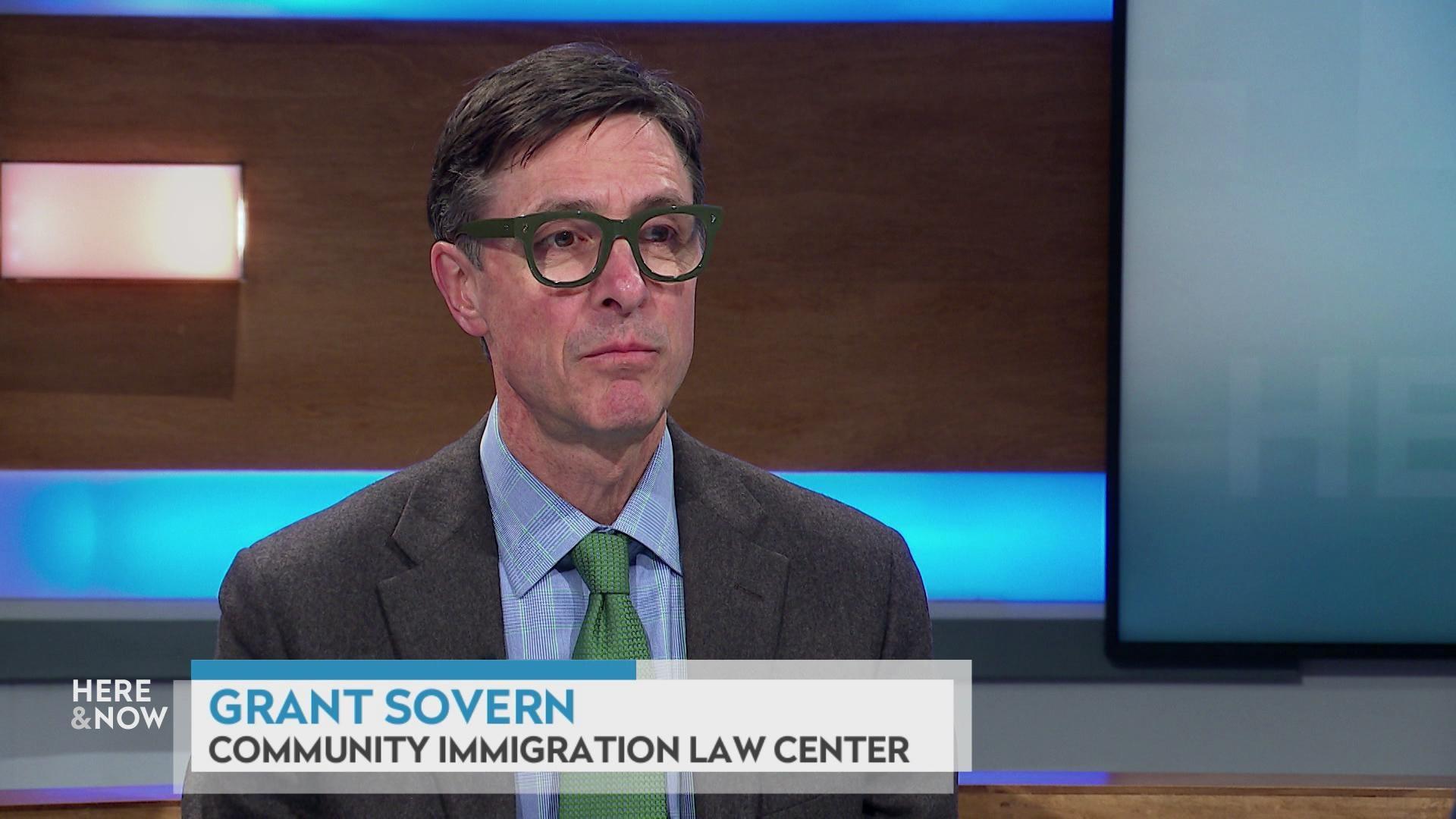
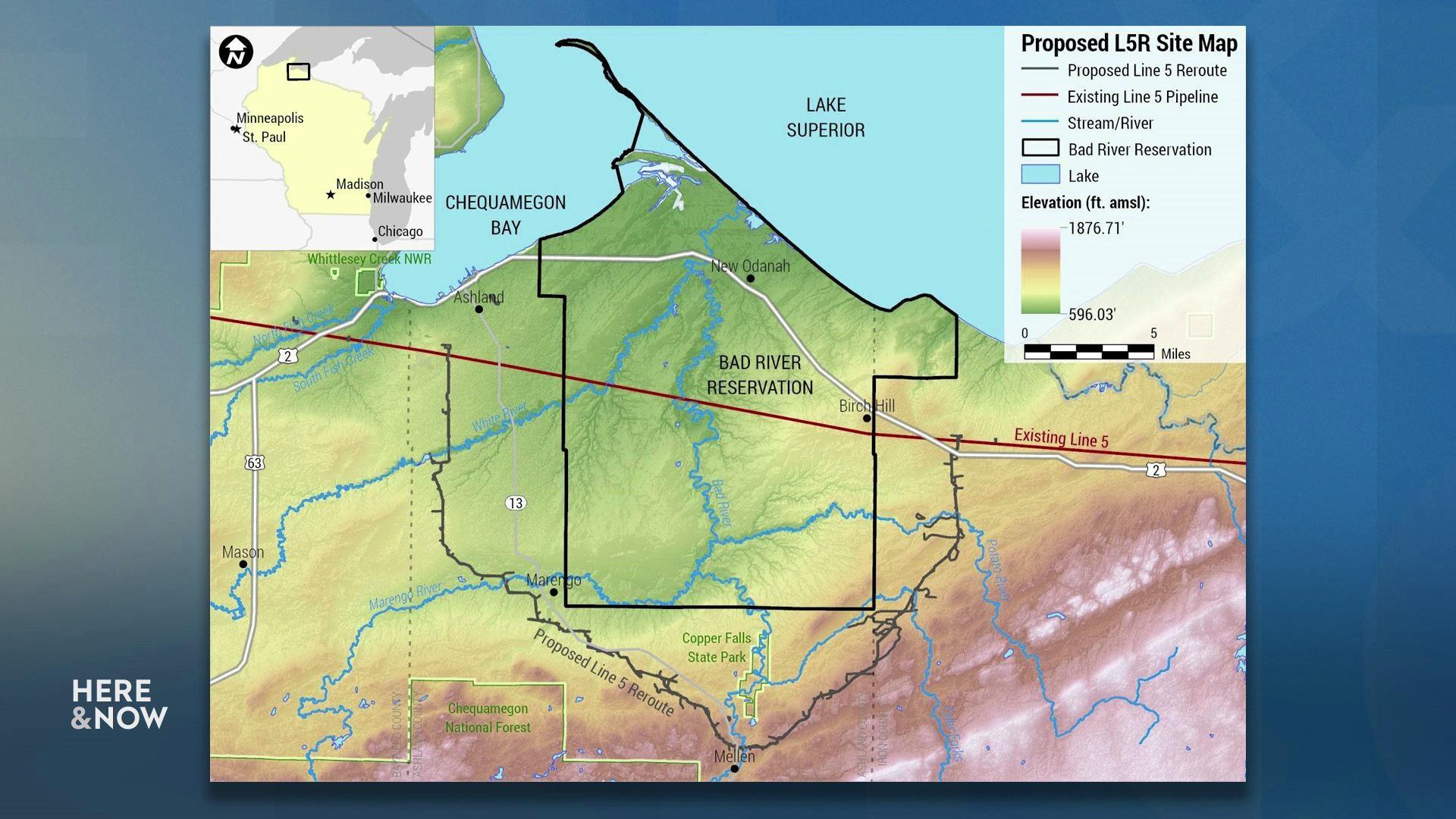
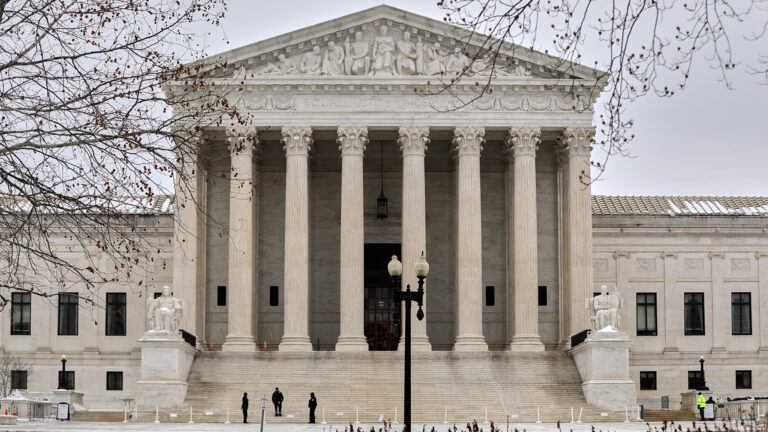
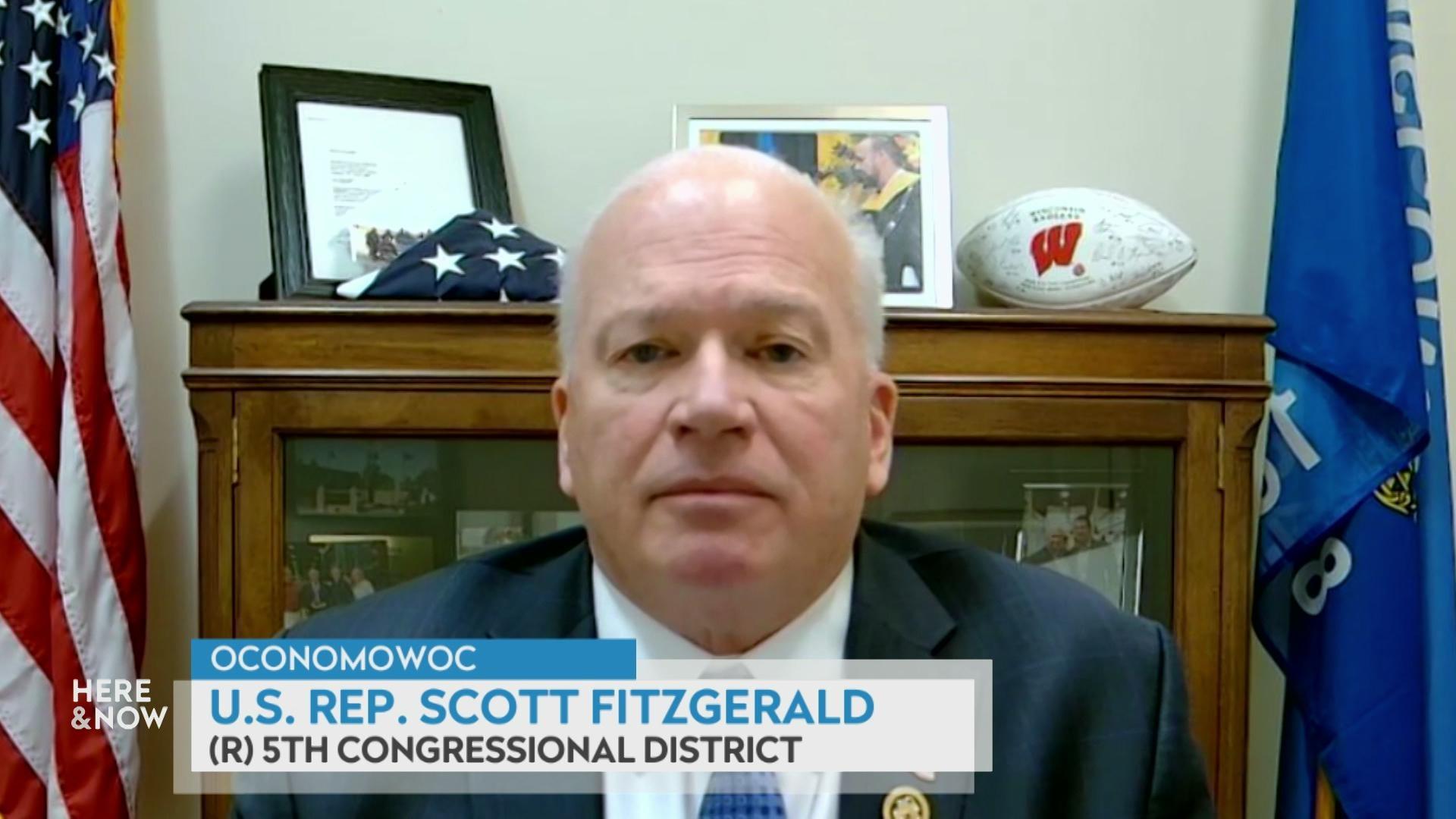
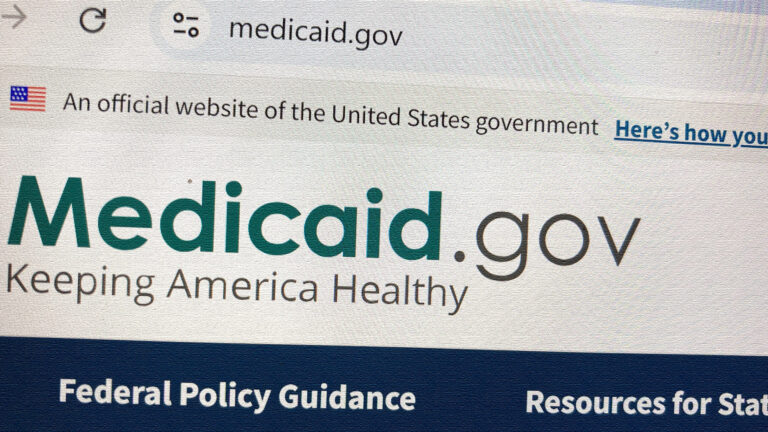
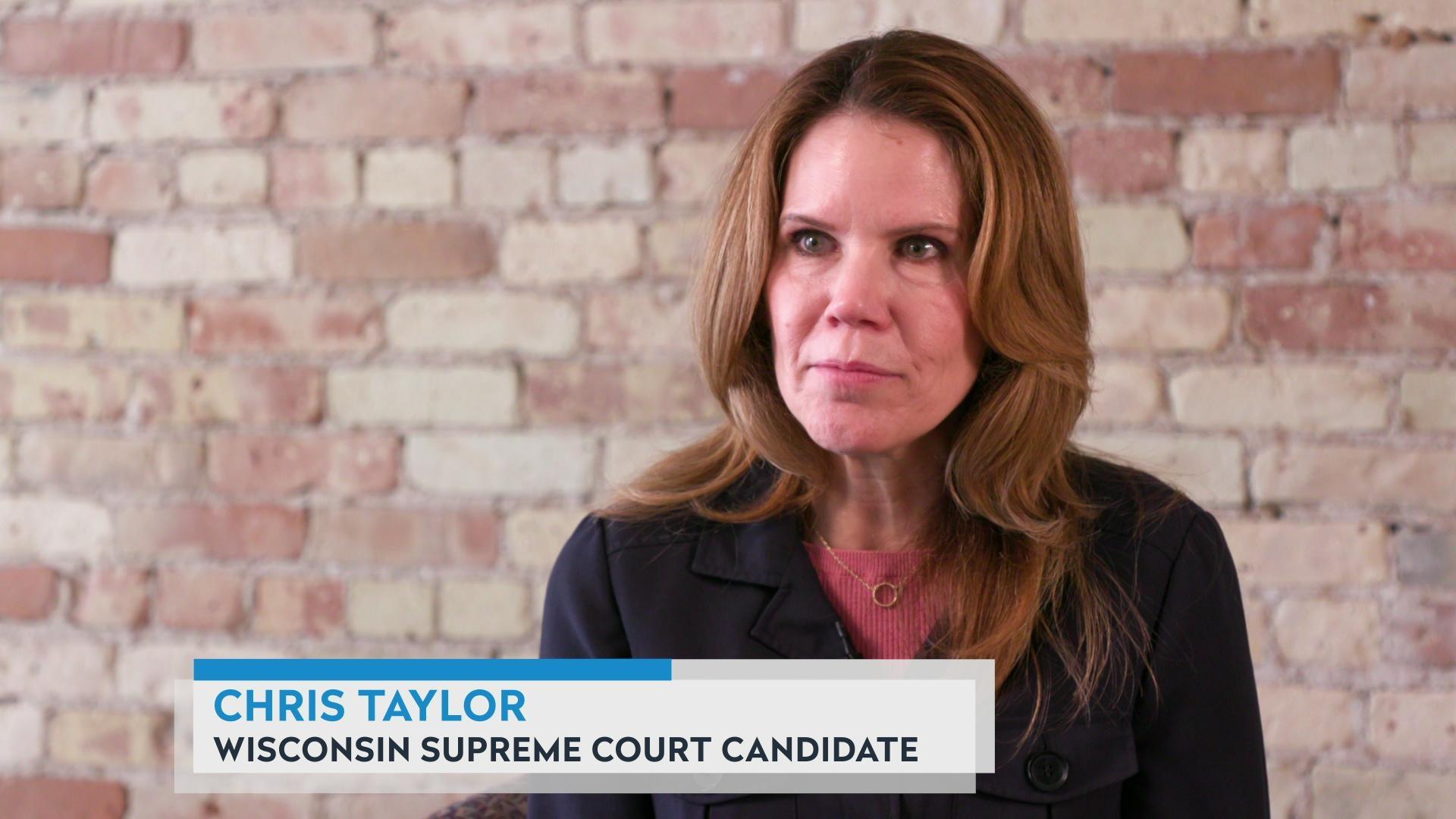

Follow Us